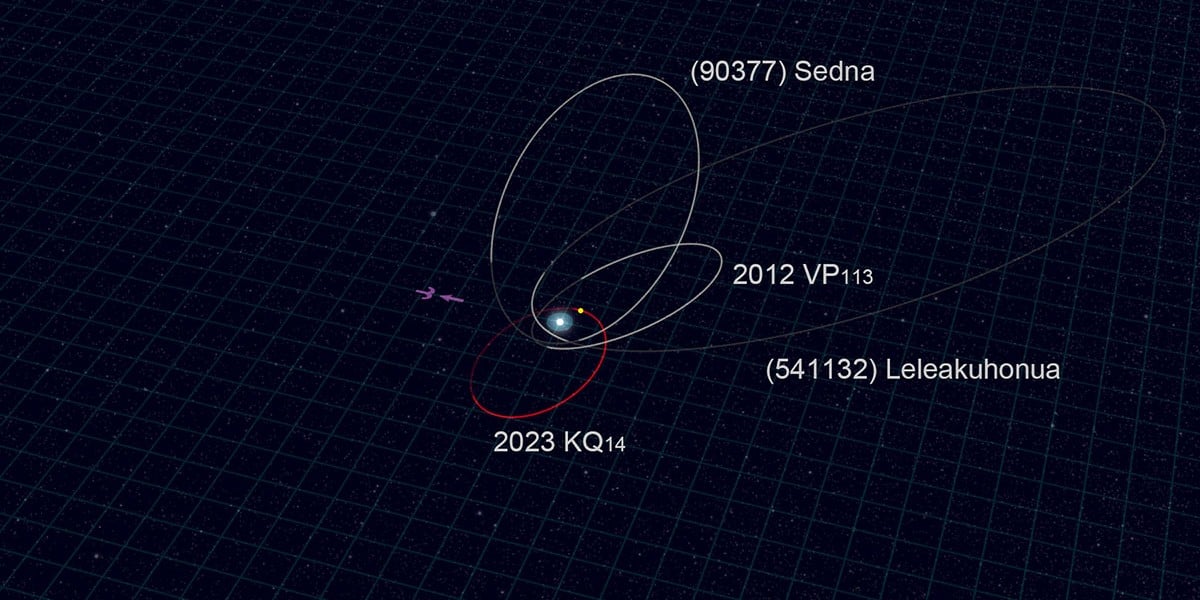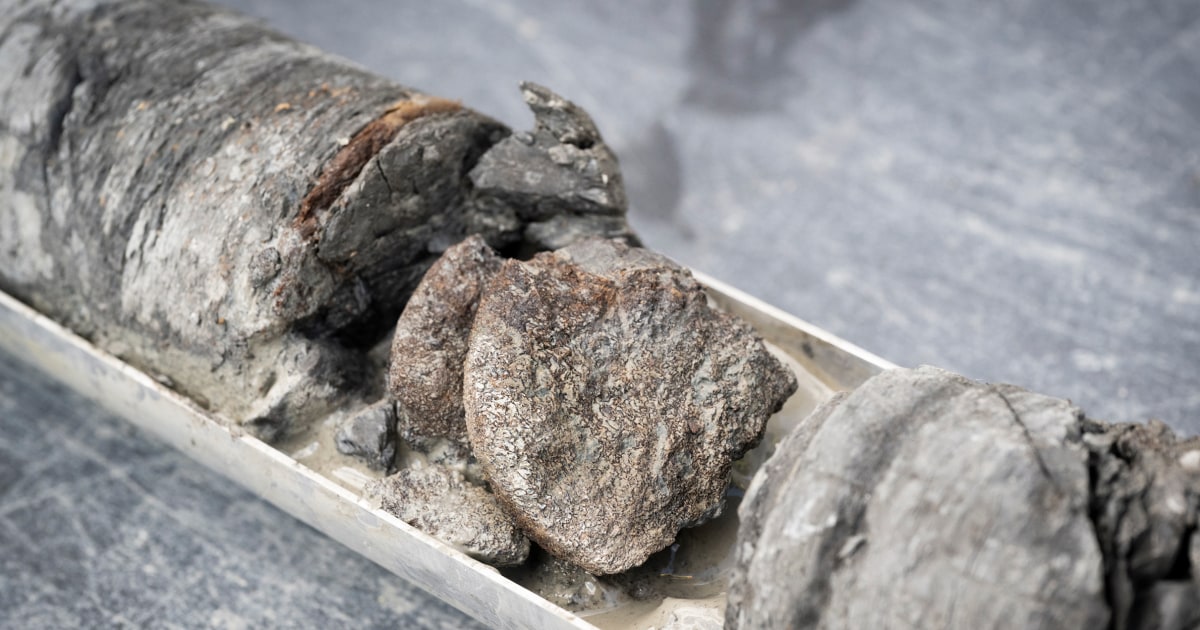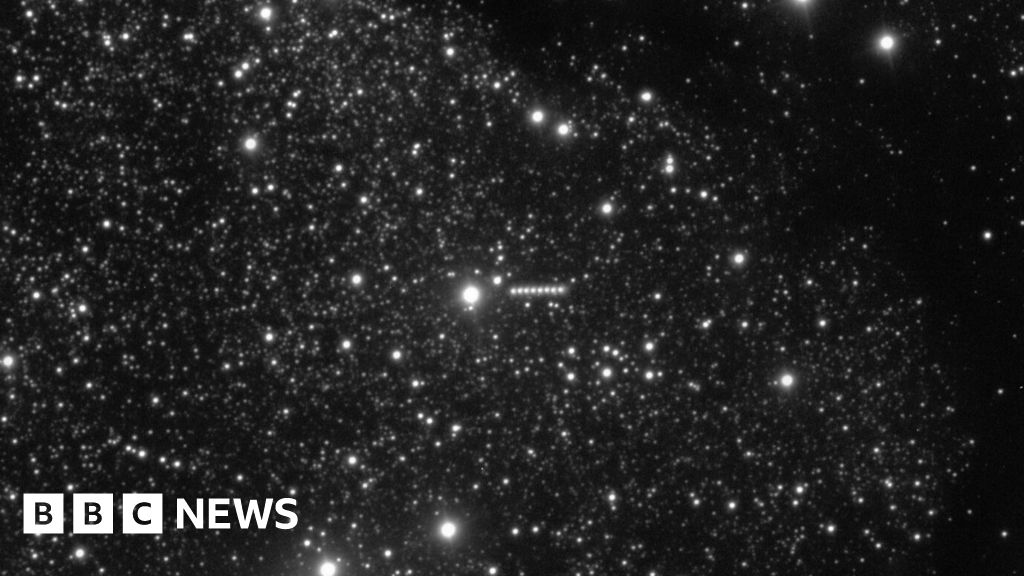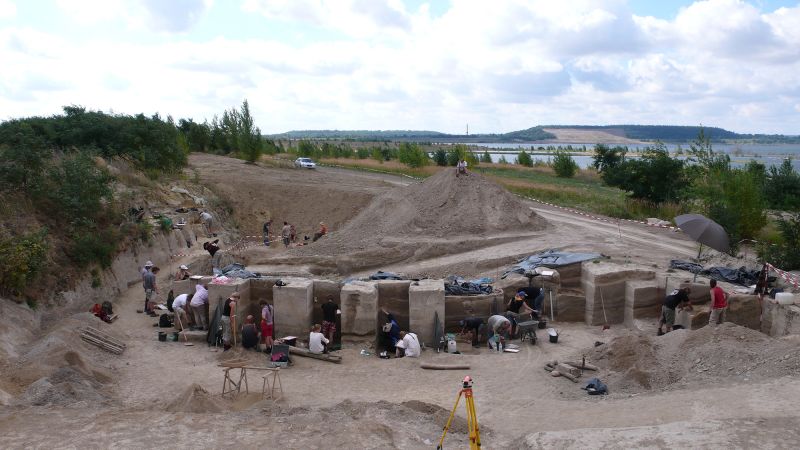New Homo Species Discovered in Ethiopia
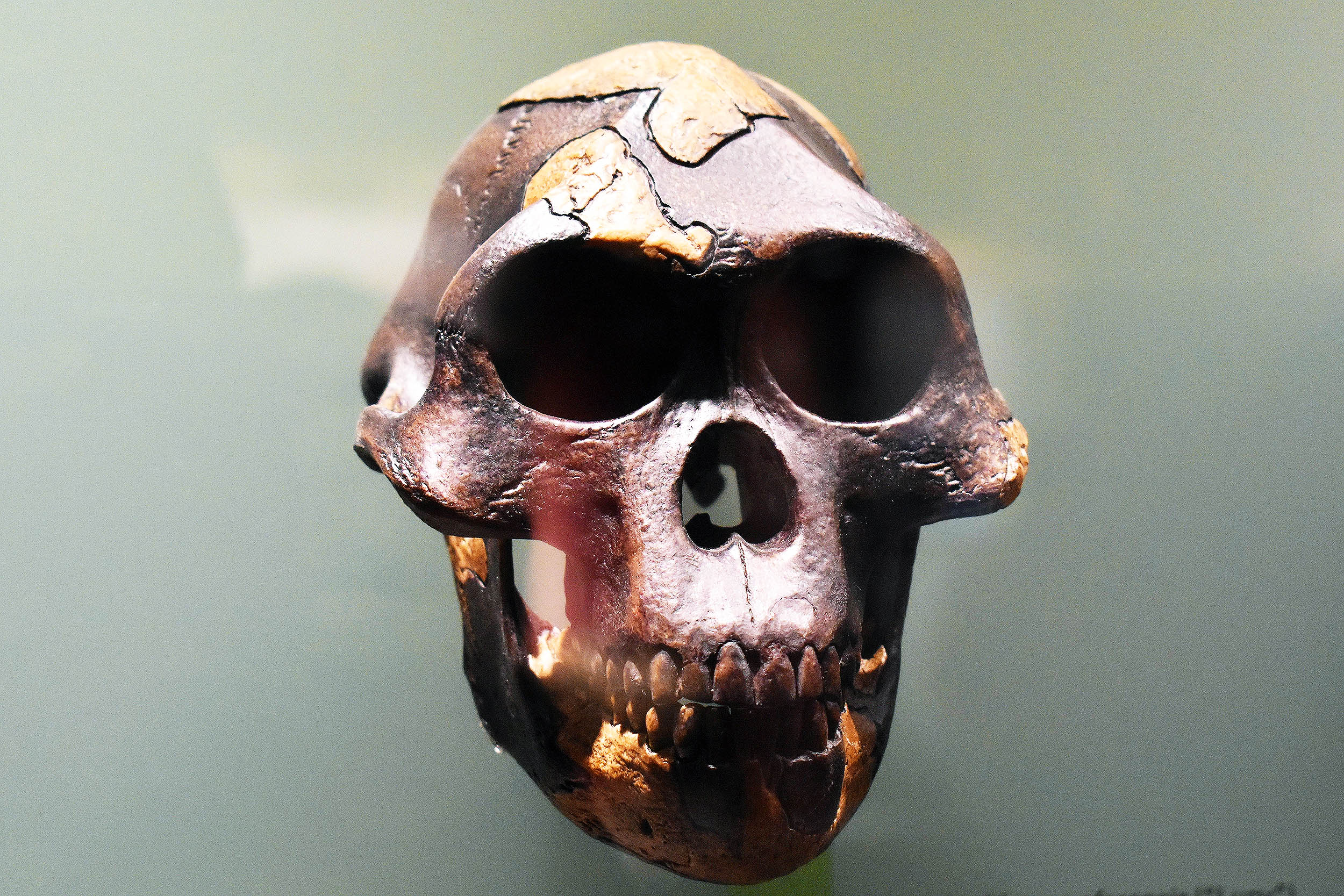
Introduction
A new early Homo species has been discovered in Ethiopia, challenging the traditional 'ape-to-human' evolution theory. This groundbreaking finding sheds new light on the complex story of human evolution, revealing a coexistence between early Homo and Australopithecus.
Key Details
The discovery, made by a team of international researchers, includes fossil remains of both early Homo and Australopithecus living in the same area at the same time. This suggests that the two species may have interacted and even interbred, leading to a more intricate and diverse human lineage than previously thought.
Further analysis of the fossils also reveals a unique blend of primitive and advanced characteristics, challenging the linear view of human evolution. This discovery adds to the growing evidence that the evolution of our species was not a straight path, but a complex and dynamic process.
Impact
This new evidence has significant implications for our understanding of human evolution. It challenges the traditional 'ape-to-human' narrative and highlights the need for a more nuanced and complex view of our origins.
It also emphasizes the importance of continued research and exploration, as there may be more unexpected discoveries that can reshape our understanding of our evolutionary past. This finding serves as a reminder that our journey as a species is far from straightforward, and there is still much to uncover about our origins and development.
The **International Organization of Educators and Researchers (IOER)**, often referred to as "International Researchers," is a globally recognized academic organization focused on advancing education and research. Registered in the Philippines under SEC No. CN201817664, IOER unites eminent educationists, researchers, and practitioners worldwide to foster collaborative activities such as international conferences, research forums, seminars, and training programs[1]. The organization emphasizes strengthening knowledge synergies in scientific and academic research, aiming to enhance research productivity through leadership training and integrated scholarly activities.
Founded to support the global education and research community, IOER has achieved accreditation from several prestigious bodies. It is an accredited Continuing Professional Development (CPD) provider by the Philippine Professional Regulation Commission (PRC), holding Accreditation No. PTR – 2021 – 290, and is also authorized by DEPED-NEAP as a Learning Service Provider. Moreover, IOER has secured accreditation as an International CPD Provider by the CPD Group in London, UK (Accreditation No. 778784). These recognitions validate the organization's commitment to quality and professional development in education and research[1].
IOER's key achievements include organizing international events that promote the exchange of knowledge and foster global partnerships among researchers and educators. Its activities are designed to support the development of academic research capacity worldwide, making it a notable hub for educational innovation and scholarly collaboration.
Currently, IOER continues to expand its influence by promoting integrated scholarly activities and leadership training, aiming to transform global research landscapes through international cooperation. Its global network and accredited status make it a significant player in the academic and research sectors, especially in the context of professional teacher development and academic research productivity[1].
In summary, the International Organization of Educators and Researchers stands out as an influential, accredited, and collaborative global institution driving forward education and research initiatives with a strong emphasis on professional development and international scholarly exchange. Discover related stories and their connections to this article Explore connected events with detailed insights and relationships Key entities mentioned across connected events Discover patterns and trends across related storiesAbout the Organizations Mentioned
International Researchers
🔗 Connected Events Overview
📊 Quick Insights
📅 Connected Events Timeline
👥 People Involved in Connected Events
Connected through:
🏢 Organizations & Products
🏢 Organizations
🛍️ Products
💡 Connected Events Insights
🔥 Trending Topics




